The Service Design Network New York Chapter hosted Max Masure (they/them) last Tuesday, January 12 for a virtual workshop entitled “Wake the F*uck Up: Let’s Reclaim Our Inner Power.” The workshop, occurring at a time of overwhelming political tumult, provided a grounding and meditative experience for attendees, who were able to take an introspective look into their careers in a safe communal space.
This workshop dovetails with Max’s book, Wake the F*uck Up: A 8-Step Workbook to Reclaim Our Inner Power, which is due out in 2021.
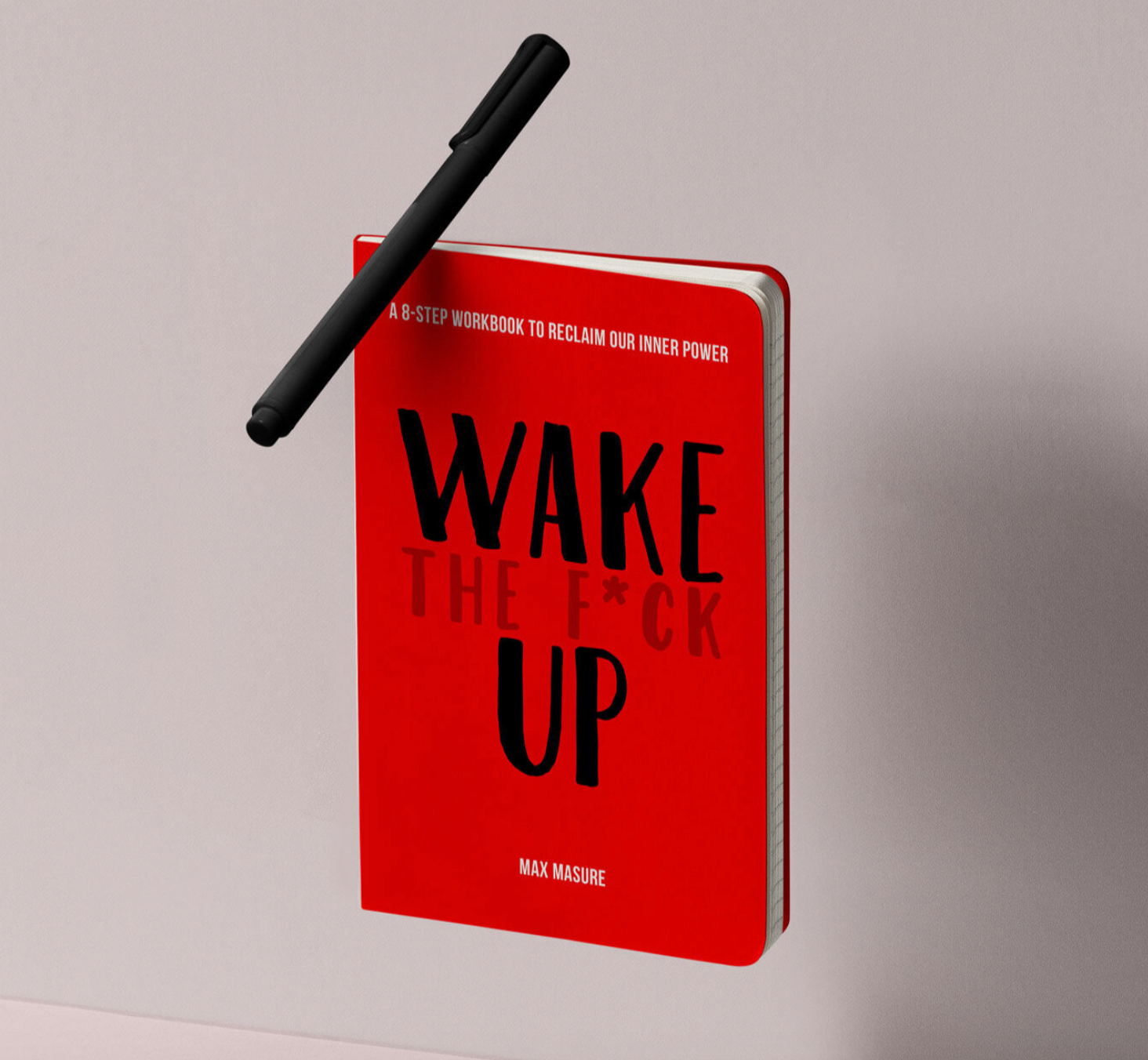
Max is a UX researcher, Diversity Equity and Inclusion Consultant, author, and public speaker who regularly talks about trans inclusion, inner power, ethics, and transformative culture. They are a founding member of the Service Design Network’s Diversity, Education, and Inclusion Taskforce, and firmly believe in community led initiatives and the liberation of under-respected communities.

Indigenous Land Acknowledgement
Max started our workshop with an Indigenous Land Acknowledgement for where they sat physically in the world, and then encouraged participants to do the same. Participants were invited to honor their own land acknowledgement by providing the names of the lands they occupy within the chat. Participants also made sure to update their Zoom name to what they wanted to be called during the session and include their pronouns.
You can learn more about an Indigenous Land Acknowledgment, and identify the names of the lands that you reside on through this site: https://www.amnesty.ca/blog/activism-skills-land-and-territory-acknowledgement
Inner Power Workshop
Max led the group through a series of activities to help us investigate our inner power. Together, as a community we had a conversation about the existence, and implications, of our imposter syndrome as well as provide strategies and tools to harness our inner power that can grow from it.
The opening activity was a grounding exercise akin to the breath work at the beginning of meditation or yoga. We were prompted to turn off our video cameras, and to turn them back on to answer affirmatively to the questions Max posed.
As though we were closing our eyes to turn our focus inward, we turned off our cameras. We digested each question one at a time, they included:
- Have we ever worked late to fulfill our personal goals for a project?
- Have we ever felt at risk of being fired for speaking up?
- Have we ever been nervous to receive feedback from a manager?
After each prompt, many of us turned our cameras back on, and shared a space with others where we could acknowledge that we are not alone in grappling with these sensitive topics.
One sensitive topic that Max highlighted was the act of speaking up. Max voiced that designers have the power to make, and influence, more ethical decisions that can go as far as impact governing. But to use this power, we have to be able to speak up.
Unfortunately, there are often inherent risks to speaking up — something that Max has experienced personally. They noted that if we are scared for our own wellbeing, for our own security, we often will hesitate, or not speak up at all.

Thus, Max is working toward collective action by gathering designers into communities of solidarity, so that no one designer feels like they are the only one speaking up. Another important element of this is helping designers fully embrace their inner power so that they may better protect their own values. Max noted that they have been leading by example and have quit a number of different jobs that did not align with their values, because staying with such a company or project can cause a person to lose sight of who they are. Max’s mission is to empower designers to stay with their value systems, and build a community to support these designers.
Personal User Journey of Success
Max led us through a second activity to look directly at the roots of our imposter syndrome. They asked us to get out our sticky notes, and to write down five recent successes. Then, take those sticky notes, and put them in a visible place, front and center. As we did this, participants started recalling their own recent successes that they had perhaps overlooked amidst this otherwise stressful year. People had found paid lecture work, and paid work in general, during an economic downturn. Others realized their own success in internalizing that it has been a hard year to have professional-related successes, and that it is ok to celebrate and focus on our personal successes.
Max does this every time they have a success, and has a large sheet of paper full of these sticky notes right in front of their work station.
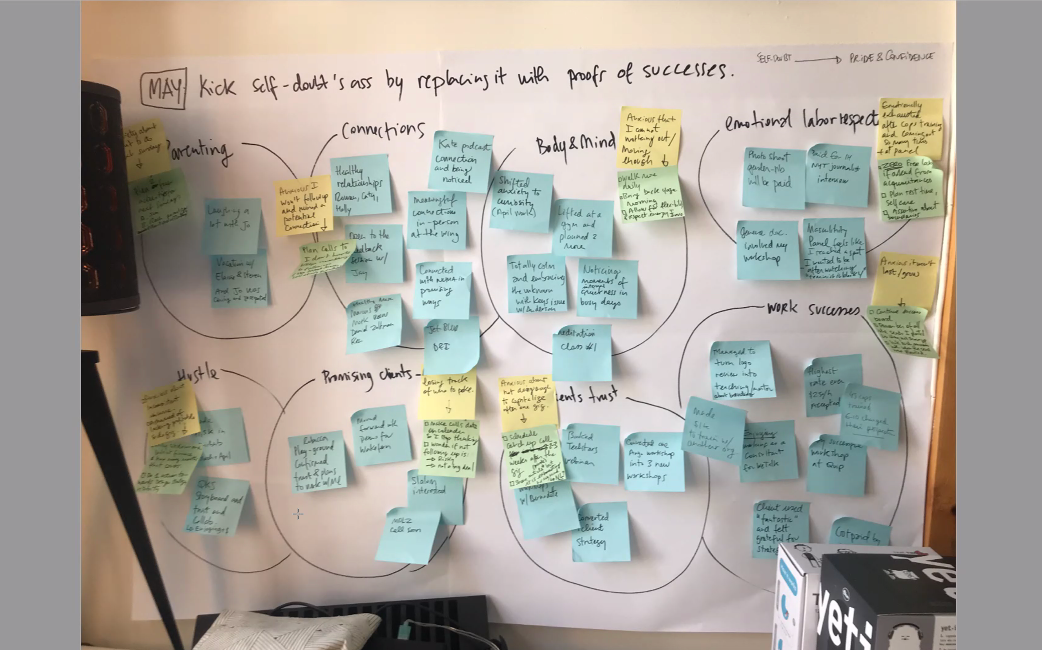
This visual and practical practice keeps our successes within view, to help us create positive feedback loops that can keep imposter syndrome in check.
To take this practice one step further, we can create a personal user journey from our successes.
Max told us about all the times they have questioned one of their successes. Those nagging “yeah..but” “it was luck” or “they don’t actually believe in me” intrusive thoughts that linger in the back of our minds, as we wedge self-doubt into our successes.
To combat this, Max will take sticky notes of a differing color, and work backwards to list all of the little steps, interactions, and successes that they accomplished on the way to making that major success written on the initial sticky note.
“Because I did [action], this [good thing] happened.”

This visual practice reminds us that we DID the work, we DID the steps, we DID connect and speak with people, and we DO deserve the overall success. Max encouraged us to make this a weekly practice, as they have done for themselves!
Advocating for Ourselves
As we worked through the personal journey mapping of our successes, participants spoke their truths, and noted the burnout and fatigue that they experience from their self doubt and from worrying about what others are doing and thinking.
Max spoke wholeheartedly to the importance of self care and boundaries. Acts of speaking up and advocating for ourselves are inherently vulnerable work, because we will risk rejection. But, Max noted, some of us have privilege that we can harness to both take care of ourselves and advocate for others. Using this privilege can help manifest the collective action that Max is promoting.
To establish our boundaries and care for ourselves, Max encouraged us to:
- Surround ourselves with people who mirror our values and goals. Max, for example, chooses to be around people who help fulfill their mission of making radical change.
- Disconnect from expectations, and seek pleasure instead. Max reiterated research that shows humans often procrastinate to avoid negative feelings. So, we should check in with ourselves and with our expectations for our work, and see how we might pay more attention to what gives us pleasure and make that our central focus.
- Approach our projects with kindness and intentionality. Max said that people seem to be ruled by their notions of “I have to do this”. But do we? It is ok to take a step back, and question the intentions behind our work.
And of course, we should check in with ourselves about our daily successes, so that we may see the journey of our small successes that lead to our big success. And tell imposter syndrome: I DID that.
“Because I trusted own self and harnessed my inner power, this [great thing] happened.”
Session Relevant Resources
Find this content interesting or useful? Follow the SDN New York Chapter on Instagram, LinkedIn, Twitter or Medium and / or join their Meetup group to hear about upcoming events. You can also find them on the global Service Design Network website — learn more about the larger SDN community there.



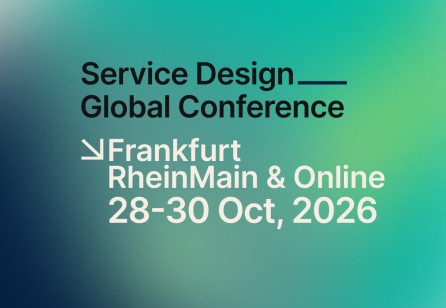
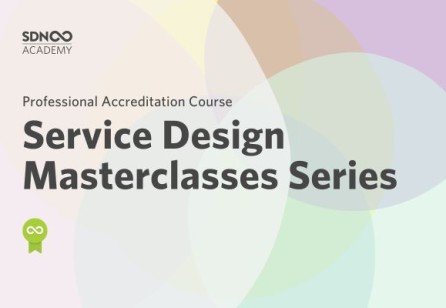
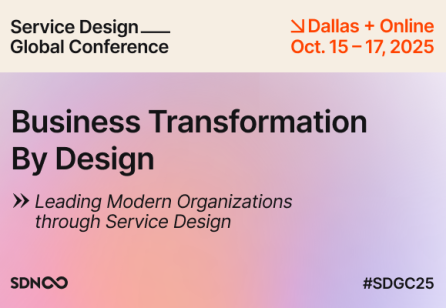
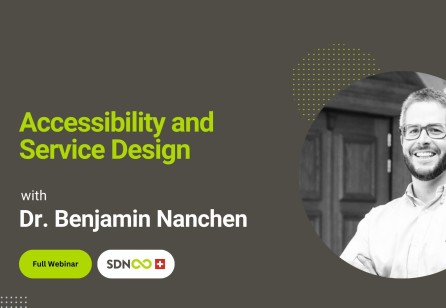

Share your thoughts
0 RepliesPlease login to comment